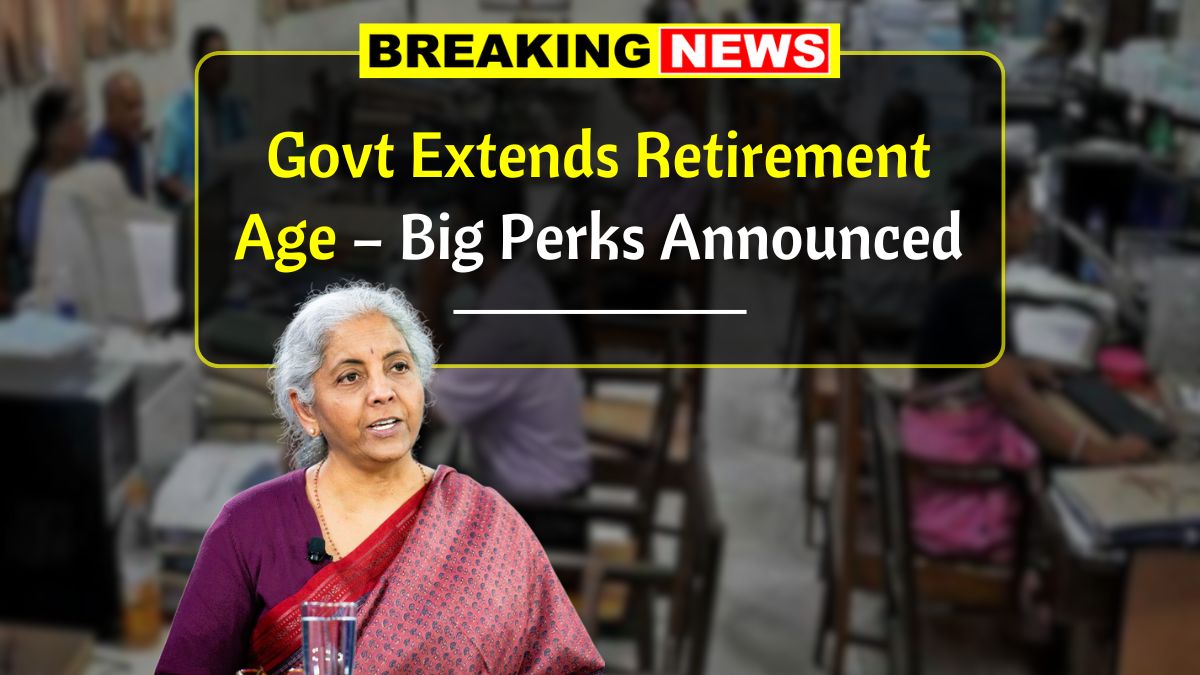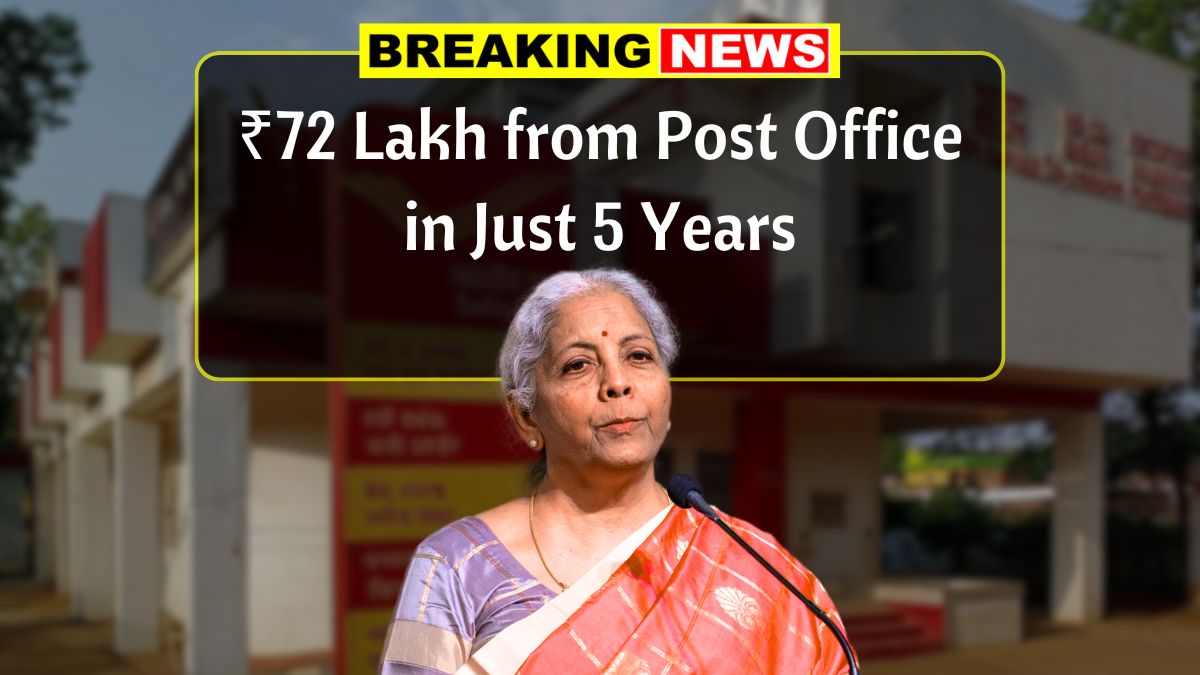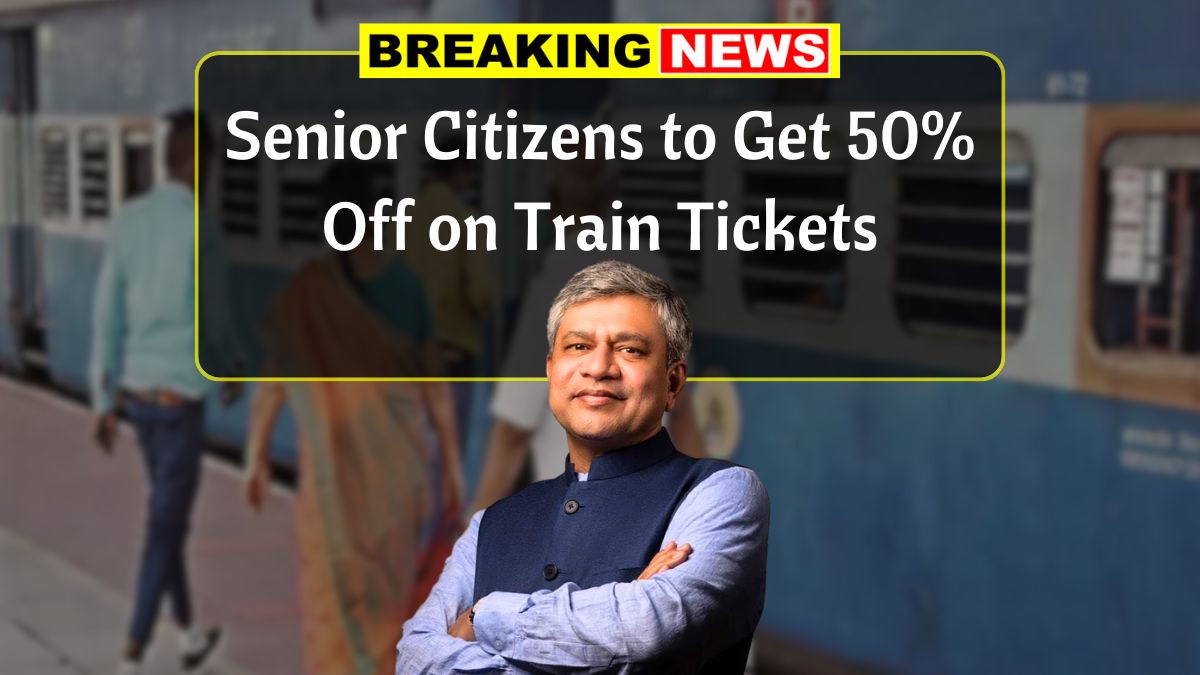Retirement Age Update – The central government has recently made a significant policy change that will have a lasting impact on its employees. The retirement age has been extended, bringing with it a slew of lifelong benefits designed to enhance the welfare and well-being of government workers. This move not only shifts the way retirement is perceived but also opens up new opportunities for employees to enjoy a secure future and prolonged professional growth.
Extended Retirement Age Benefits
The central government’s decision to extend the retirement age comes with a comprehensive package of benefits aimed at improving both the financial and health aspects of a government employee’s life. These changes reflect the government’s commitment to providing better care for its workforce, ensuring they are well-supported even after they retire.
Here are some of the key benefits that employees can look forward to:
- Increased Pension Benefits: With longer service, employees will enjoy a more substantial pension, ensuring they are financially stable even after retirement.
- Enhanced Health Care Facilities: Government employees will continue to have access to health care facilities post-retirement, making it easier to manage medical costs as they age.
- Skill Development Opportunities: The government will offer continued skill development programs, enabling employees to stay sharp and remain valuable contributors, even after retirement.
- Special Welfare Programs: Retired employees will be included in special welfare programs designed to support their post-retirement needs.
- Priority Housing Access: Ex-government employees will have priority access to government-supported housing schemes, making it easier for them to secure affordable living arrangements.
Impact on Workforce Dynamics
The decision to extend the retirement age is set to impact the dynamics of the government workforce in several key ways. For one, it aims to retain experienced and skilled personnel for longer periods, which will positively affect the productivity of government departments.
Notable changes expected include:
- Retention of Experienced Employees: With the retirement age extension, skilled workers will stay on longer, which will allow the government to benefit from their expertise.
- Smoother Transition for New Employees: As senior employees delay retirement, the transition for younger employees entering the workforce will be more gradual, ensuring a smoother integration of fresh talent.
- Mentorship Opportunities: Older employees will have more time to mentor younger colleagues, passing on their knowledge and experience, which is crucial for maintaining continuity in public services.
- Increased Job Satisfaction: The extended retirement age is likely to improve job satisfaction for many employees, as it offers job security for a longer period.
- Workforce Stability: The government will see better stability in its workforce, as employees will have more time to transition out, reducing the risk of talent gaps and fostering continuity in projects.
Comparative Analysis of Retirement Age Policies
While India’s retirement age extension is a significant step, it’s helpful to compare it with retirement policies in other parts of the world to understand how it stacks up globally.
| Country | Retirement Age | Key Benefits |
|---|---|---|
| India | Extended | Lifelong benefits, enhanced pension |
| United States | 66-67 | Social security, Medicare |
| United Kingdom | 66 | State pension, free healthcare |
| Germany | 67 | Comprehensive pension schemes |
| Japan | 65 | National pension, healthcare |
| Australia | 67 | Superannuation, healthcare |
| Canada | 65 | Old age security, pension plans |
| France | 62 | State pension, health benefits |
India’s approach stands out as it offers lifelong benefits along with enhanced pensions, creating a solid safety net for employees, which is not always the case in other countries.
Employee Reactions to Retirement Age Changes
The government’s announcement has been met with mixed reactions from its employees. Many employees have welcomed the extended retirement age, but there are also concerns regarding delayed retirement plans and the prospect of working longer than expected.
Key feedback from employees includes:
- Positive Reception: Many government workers are happy about the increased job security that comes with a later retirement.
- Concerns about Delayed Retirement: Some employees feel that the policy may interfere with their personal retirement plans, particularly those who were looking forward to retiring sooner.
- Appreciation for Post-Retirement Benefits: There is significant appreciation for the improved post-retirement benefits, such as healthcare and pension increases.
- Mixed Feelings about Longer Careers: While some employees are excited about the extended career, others are hesitant about working for an additional few years, especially if they had already made personal plans to retire earlier.
Preparing for a Longer Career
As the retirement age increases, employees are encouraged to prepare for a longer professional career within the government sector. There are several ways employees can plan for this extended career period:
- Skill Development: Taking advantage of government-sponsored skill development programs will ensure employees stay updated and competitive in their roles.
- Financial Planning: Employees should begin adjusting their financial plans to account for a longer working life. This includes saving more for their eventual retirement and adjusting to the idea of working longer.
- Mentorship Roles: Employees are encouraged to take on mentorship roles, helping to guide younger colleagues and passing on valuable knowledge.
- Health Services: Taking part in government health programs will ensure employees remain in good health throughout their extended careers.
Government’s Vision for the Future
The central government’s vision is to create a workforce that is not only highly skilled and efficient but also well-supported throughout their careers and into retirement. By focusing on employee welfare and career satisfaction, the government is ensuring a stable, productive workforce for the future.
Vision highlights include:
- Employee Welfare: A greater focus on improving the quality of life for government employees at all stages of their careers.
- Strengthening Public Sector Capabilities: By retaining experienced employees for longer, the government will enhance its capabilities to serve the public.
- Career Satisfaction: The goal is to ensure employees find greater satisfaction in their roles, contributing to a more productive and engaged workforce.
Looking ahead, the extension of the retirement age is a major step forward in enhancing the future of work for government employees. With better financial security, health benefits, and skill development opportunities, employees can look forward to a fulfilling and secure career.
As the policy rolls out, it will be important to monitor its impact. If implemented effectively, it could lead to a more stable, skilled, and engaged public sector workforce.
In conclusion, the central government’s retirement age extension is not just about keeping employees in their roles for longer; it’s about empowering them with the resources and support they need to thrive throughout their careers and into retirement. This forward-thinking approach will undoubtedly play a crucial role in shaping the future of India’s public sector.














